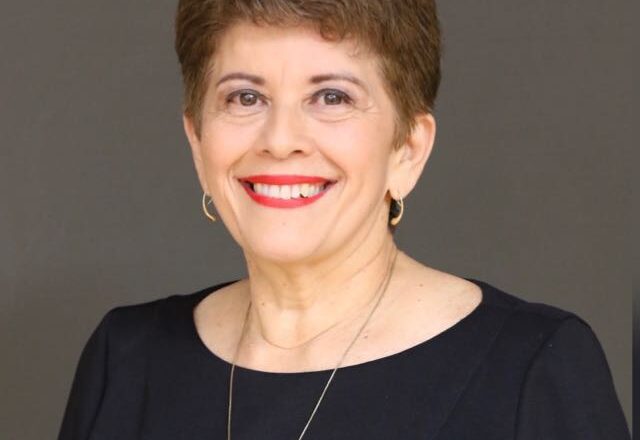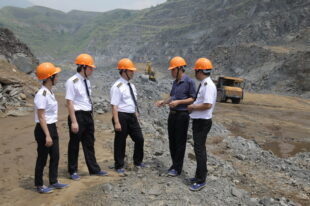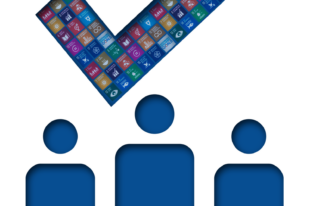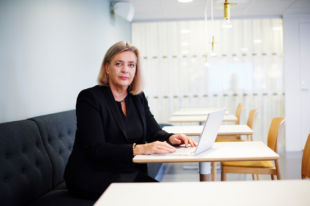Achieving Gender Equality Requires Continuous Collaboration and a Holistic Approach

Achieving gender equality will require that members of the INTOSAI community face obstacles head on, continuously collaborate with one another, and engage in sustained efforts to build—starting at home, and working outwards—a more inclusive, equitable society.
by Marta Acosta, Auditor General of Costa Rica
Despite progress in many countries, daunting challenges persist in the effort to achieve real equality between women and men. According to the United Nations Entity for Gender Equality and the Empowerment of Women (UN Women) Strategic Plan for 2022-2025, there have been significant worldwide improvements in gender equality in the areas of education and health, as well as in legal protections.
However, UN Women identified other areas in which progress has been slower. For example, less than two-thirds of women between the ages of 25 and 54 are part of the formal labor force, compared with 90 percent of men; women still dedicate three times more time to unpaid domestic work than men; and 30 percent of young women are not in school or employed. While women’s political participation has increased, women hold on average only a quarter of parliamentary positions; twenty-four countries have a female head of state; and one-fifth of government ministers are women.
Furthermore, as pointed out by UN Women, the ongoing COVID-19 pandemic has exacerbated gender inequalities and dismantled much of the progress made. An estimated 47 million women and girls were pushed into extreme poverty in 2021, and 11 million girls may never return to school. During the crisis, reported cases of violence against women have surged.
By providing independent oversight, Supreme Audit Institutions (SAIs) play a key role in confronting these challenges. This is why the UN has called on SAIs to help fulfill the 2030 Agenda and achieve the Sustainable Development Goals (SDGs), including SDG 5 (Achieve gender equality and empower all women and girls)—a critical goal in and of itself and one that cuts across all of the SDGs.
This role is reflected in INTOSAI Development Initiative’s (IDI) Strategic Plan 2019-2023, which includes promoting and supporting gender equality and diversity in all forms as one of its core principles. According to IDI, “SAIs are key oversight bodies that can play an important role in enhancing gender equality through, among other things, auditing and reporting on the implementation of national gender laws, regulations, policies, and international conventions.”
The Organization of Latin America and Caribbean SAIs (OLACEFS) has taken a leading role in working toward gender equality, including by organizing coordinated audits on this topic. The first such audit, conducted from 2014 to 2015 with the participation of the SAIs of Costa Rica, Chile, and Puerto Rico, evaluated the extent to which their governments had incorporated a gender perspective into strategies, programs, and projects, especially those that related to education, health, and employment. In the case of Costa Rica, the SAI recommended that government agencies define and implement specific actions related to gender equality in their internal and external processes.
From 2018 to 2019, eighteen SAIs from the OLACEFS region participated in a second coordinated audit, which examined governments’ preparedness to make SDG 5 a reality. As part of this initiative, SAI Costa Rica identified the strengths and weaknesses of governmental actions, including planning and evaluation, related to achieving gender equality.
SAIs’ efforts must advance gender equality not only externally, but internally as well, in their own organizations. This principle aligns with the Beijing Declaration and Platform for Action, which calls on all UN member countries to tackle underlying structural barriers and discriminatory practices that hinder progress on gender equality.
Along these lines, SAI Costa Rica has had its own policy for Gender Equality Endorsement since 2011. This policy, which includes specific measures for implementation, has provided a pathway for the SAI to make concrete progress.
For example, SAI Costa Rica has implemented a sexual harassment policy; created a commission to raise awareness and educate employees about gender equality; enhanced work-life balance, particularly in the context of working from home; and applied a merit-based promotion system that encourages more women in leadership positions.
OLACEFS has also taken a significant step forward, by approving a Gender Equality and Non-Discrimination Policy in its December 2021 General Assembly. This policy outlines how member SAIs can include a gender perspective in their institutional planning and processes; describes specific actions that can lead to change; and identifies opportunities to develop an organizational culture that promotes gender equality.
These initiatives have shown promising results, but there is still much more to be done. Achieving gender equality will require that members of the INTOSAI community face obstacles head on, continuously collaborate with one another, and engage in sustained efforts to build—starting at home, and working outwards—a more inclusive, equitable society.





